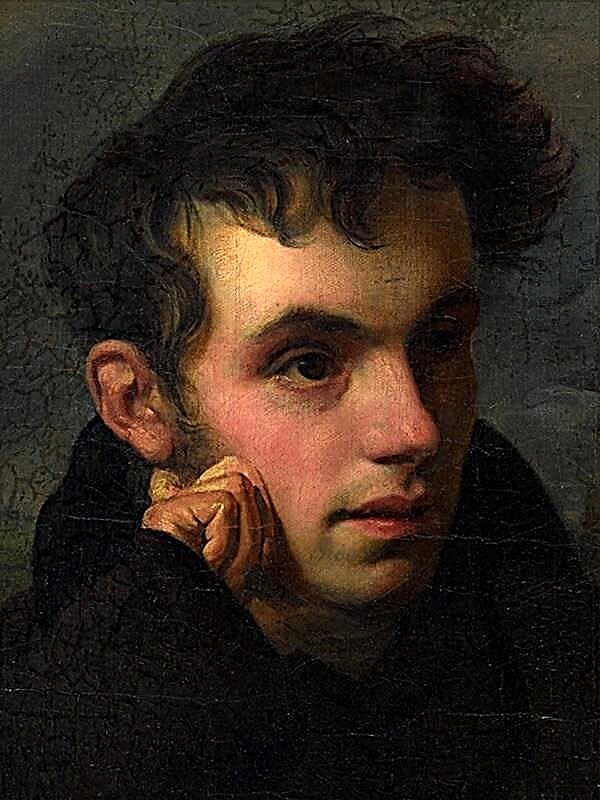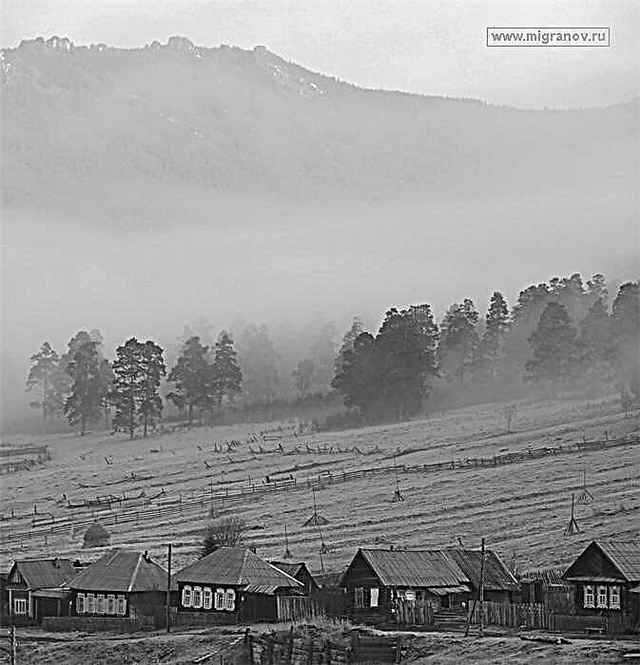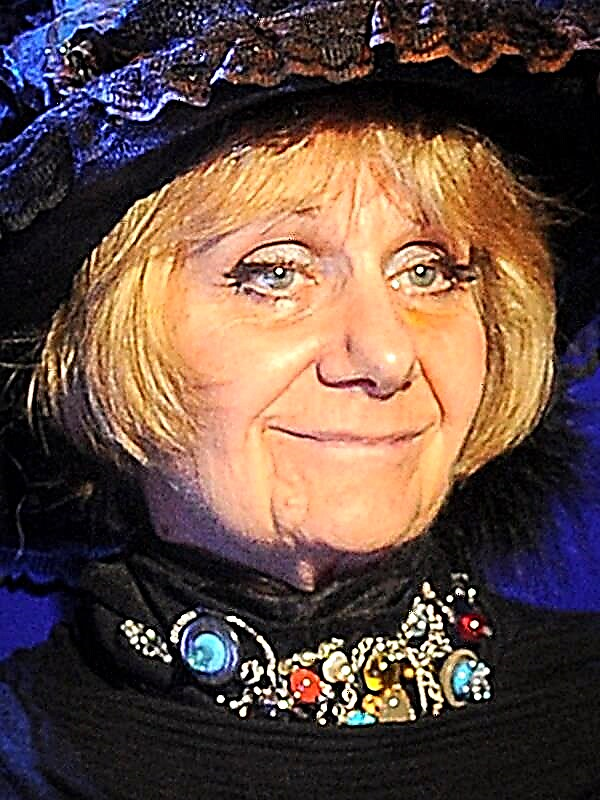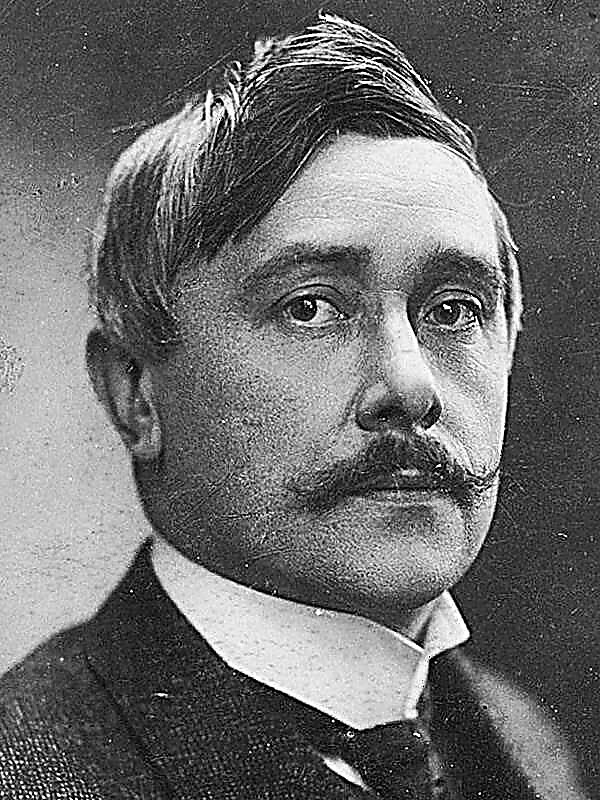France, the end of the 20s. The hero of the novel is a young Russian émigré, narrated on his behalf. He is in love with Claire. Claire is a true Frenchwoman, she either teases the fan, then allows him to hope for her favor. She is sick, and the hero stays with her for evenings. Then she recovers and demands that he accompany her to the cinema. After cinema and late sitting in a cafe, Claire invites the hero to drink a cup of tea. She again has a sharp change of mood - now she is annoyed. When the hero, justifying himself, says that he has been waiting for this meeting for ten years and does not ask her for anything, Claire's eyes darken. Claire hugs him, saying: "How, didn’t you understand? .." And at night, lying next to Claire asleep, the hero recalls his life and his first meeting with this woman.
Childhood. The family often moves. Father, whose memories are so dear to the hero, forester. He is devoted to the family, absorbed in “chemical experiments, geographical work and social issues”. At night, the father tells his son an endless tale: with their whole family they sail on a ship in which the captain is the boy himself, Kolya. Mother, silent, absorbed in reading, deeply feeling. Sisters. Peace and harmony in the family. But very soon everything breaks off: Kolya is only eight years old when his father dies. Mother hardly speaks from grief, she only walks around the room. Soon, one after another, the sisters die. The boy reads a lot, all indiscriminately. “I think that this time of intensive reading and development, which was the era of my completely unconscious existence, I could compare with the deepest mental swoon.” Kolya enters the cadet corps, then to the gymnasium. He easily learns, agrees with his comrades, dares bosses. This life is hard for him and barren. The boy is absorbed in his own inner world: “It seemed to me all my life - even when I was a child - that I know some secret that others don’t know <...> Very rarely, in the most intense moments of my life, I experienced some instant , almost physical rebirth, and then approached his blind knowledge, the wrong comprehension of the miraculous. "
For fourteen years, in the summer of 1917, at the gymnastics venue, Nikolai first met sixteen-year-old Claire. Father Claire, a businessman, temporarily lives with his whole family in Ukraine.
The hero falls in love with Claire, often with her. Then, offended by her mother, she stops coming, but the image of Claire continues to haunt him. One late winter evening, he meets Claire, and she tells him that she is married. Nikolai escorts her. But when Claire, saying that neither her parents nor her husband are in the city, invites him to her, he refuses. “I wanted to go after her and could not. The snow was still falling and disappearing on the fly, and everything that I knew and loved until then was swirling and disappearing in the snow. And after that I did not sleep for two nights. " Their next meeting takes place only ten years later.
Nikolai decides to join the white army, believing that the truth is on their side. A conversation with Uncle Vitaly shows the young man that in this war each side considers itself right, but this does not bother him. He nevertheless goes to fight for the whites, "since they are defeated." At the same time, Uncle Vitaly, a career officer, a man “with almost feudal ideas of honor and law,” believes that the truth is on the side of the Reds. Nikolai says goodbye to his mother with all the cruelty of his sixteen years and leaves to fight - "without conviction, without enthusiasm, solely out of a desire to suddenly see and understand such new things in the war" that, perhaps, will regenerate him. Service on an armored train, cowardice and courage of others, heavy military life - all this surrounds Nicholas until the defeat of the army. A deafness, a failure of an immediate emotional response to what happens to him, protects him from threatening dangers. Once on board the ship and looking at the burning Theodosius, Nicholas recalls Claire. And thoughts of her again fill his imagination, thousands of imaginary conversations and positions swarming in his head, giving way to new ones. Echoes and images of his former life do not reach this fictional world, as if he were bumping into an invisible air wall, “but as insurmountable as that fiery barrier, behind which snow lay and the last night signals of Russia sounded”. While sailing along the Black Sea, Nikolai has pictures of distant Japanese harbors, the beaches of Borneo and Sumatra - echoes of his father's stories. To the sound of the ship's bell, the ship approaches Constantinople, and Nicholas is completely absorbed in anticipation of a future meeting with Claire. “We sailed in sea fog to an invisible city; abysses widened behind us; and in the humid silence of this journey the bell rang from time to time - and the sound that invariably accompanied us, only the sound of the bell connected in its slow transparency the fiery edges and water that separated me from Russia, with babbling and fulfilling, with a beautiful dream about Claire ... "

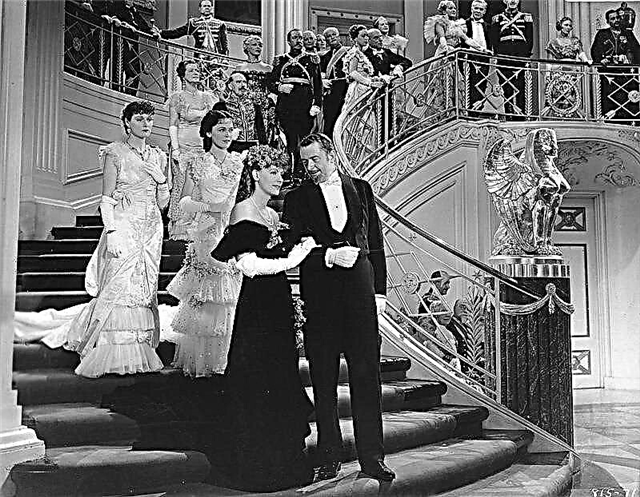
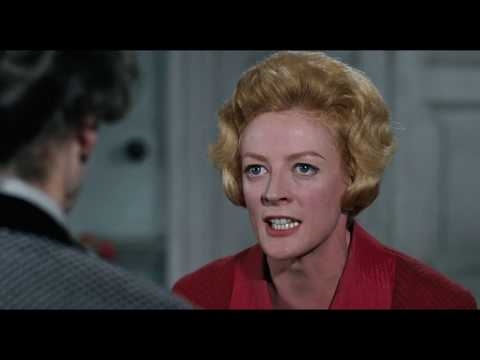
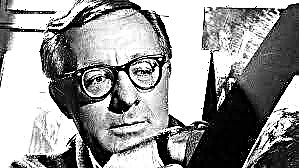
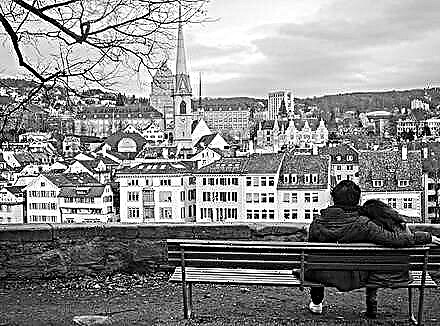
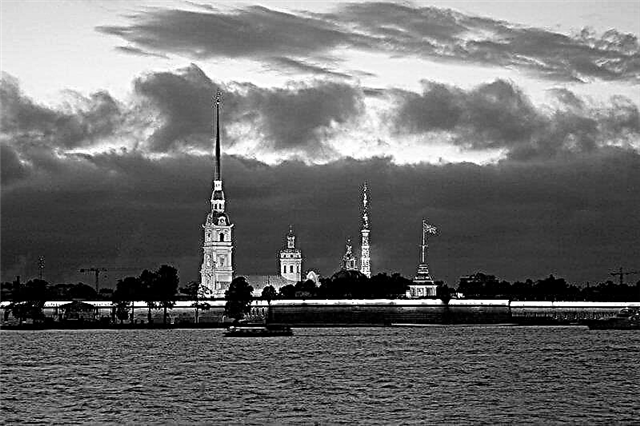
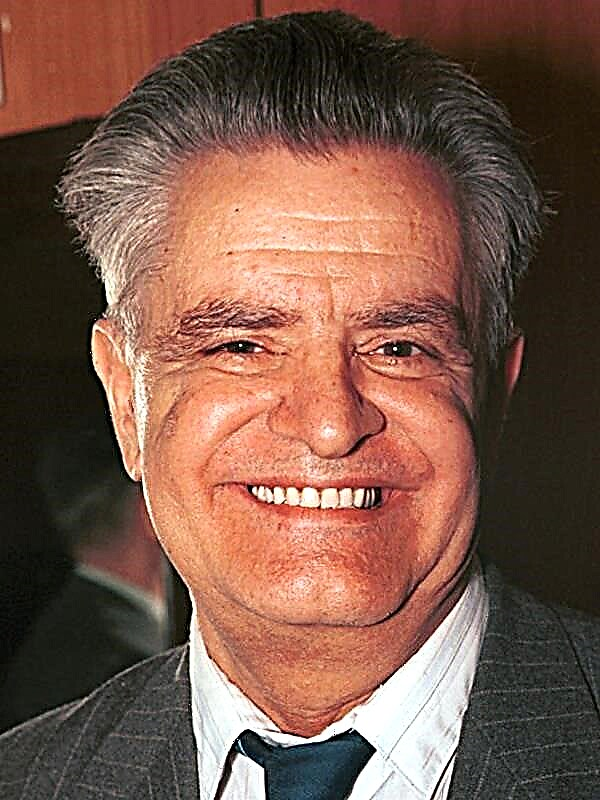
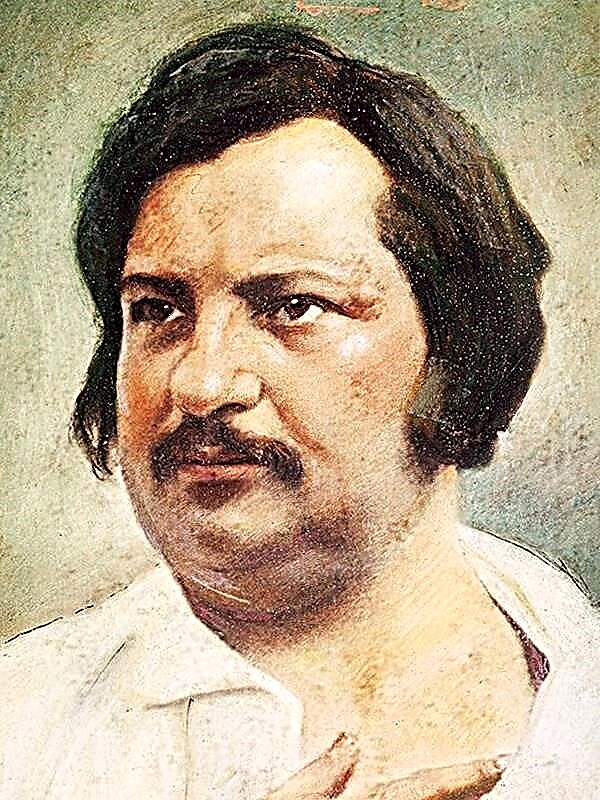 Shuans
Shuans